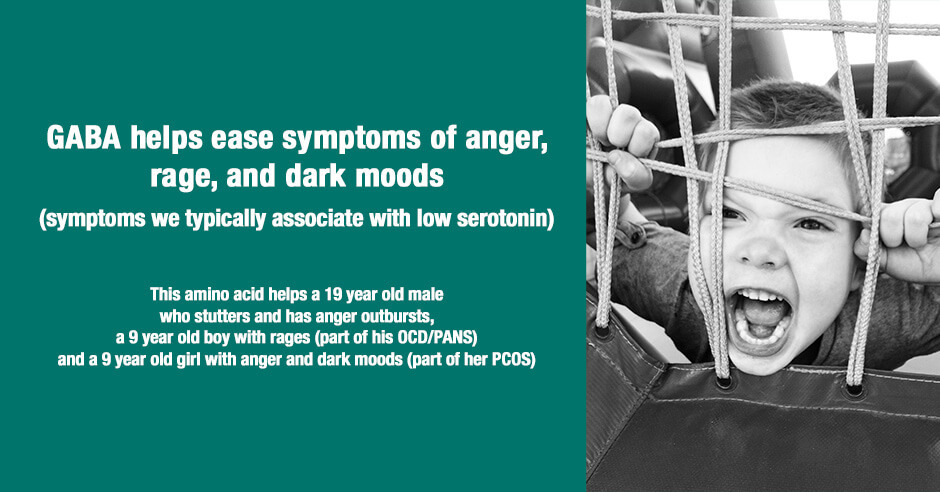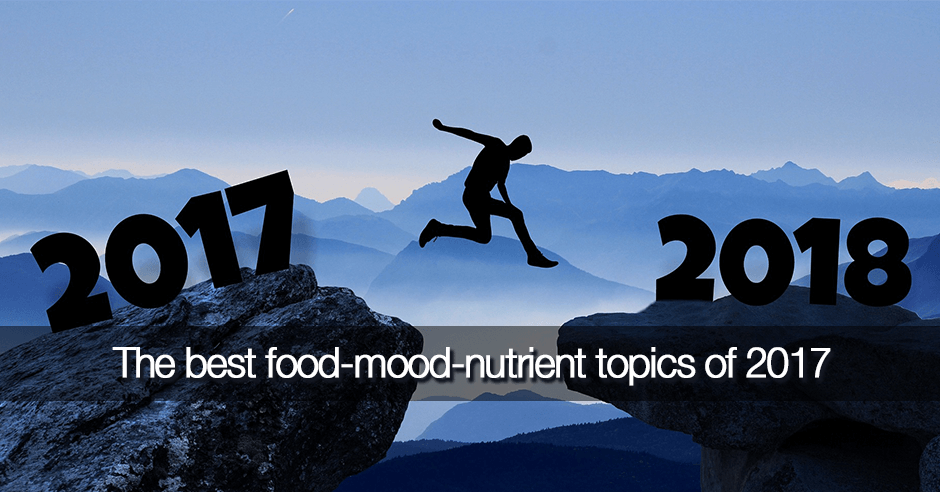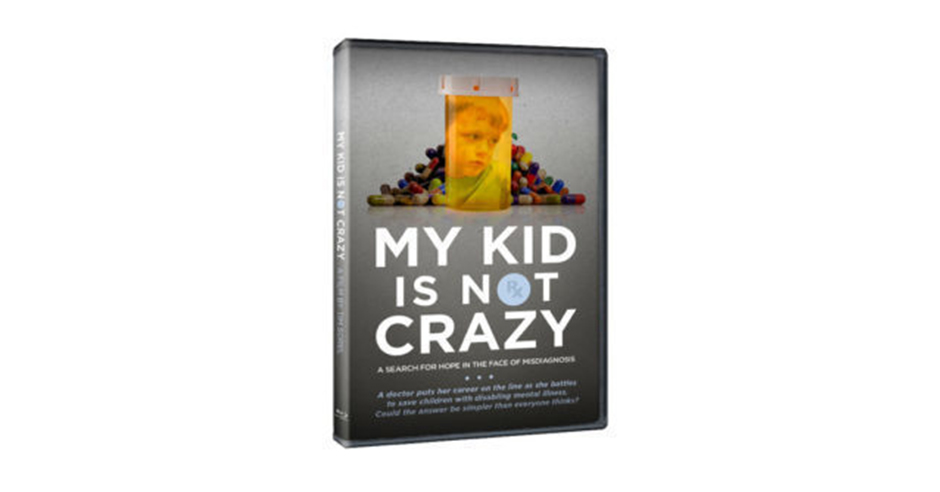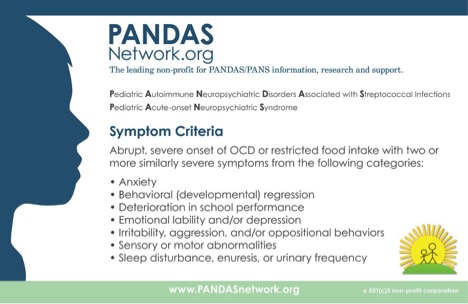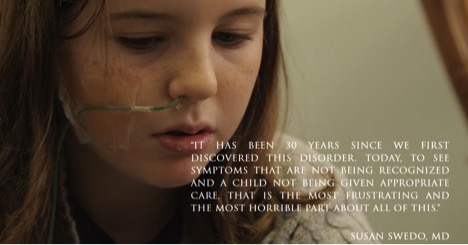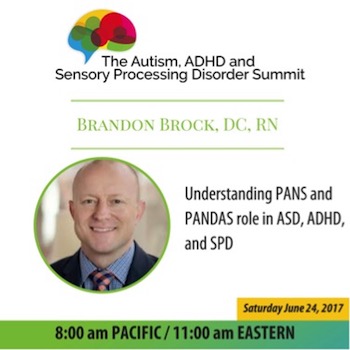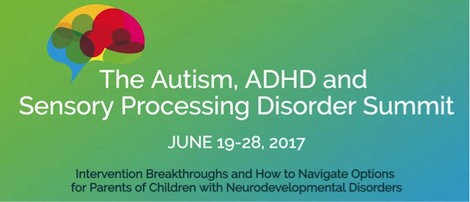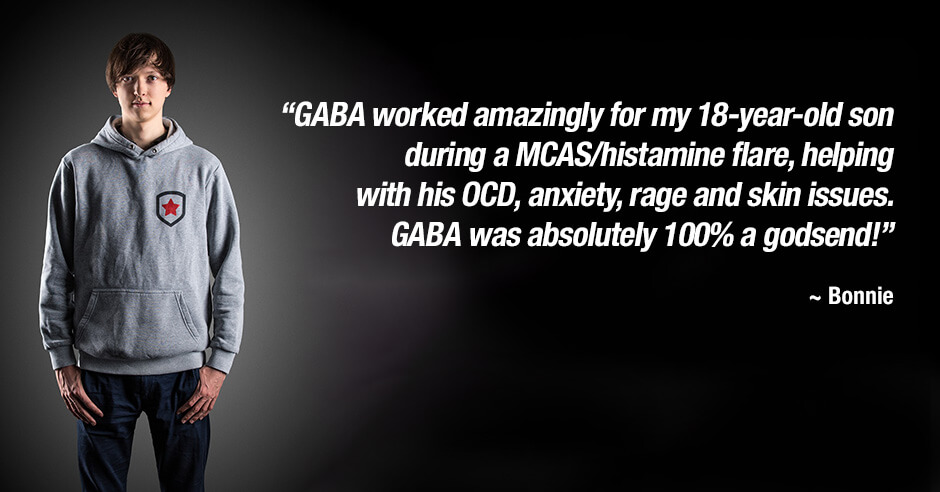
Bonnie shared how effective GABA was for her 18 year old son with suspected MCAS (mast cell activation syndrome/histamine issues) and his associated anxiety/OCD/rage and skin issues:
GABA worked amazingly for us during a flare! Flares began with OCD [obsessive compulsive disorder]and anxiety increasing before our eyes and then the rage followed.
He would wake up very early and his upper back, shoulders and upper chest would have acne all over, this would come and go, but never completely go.
GABA capsules worked in 20 minutes and thanks to you Trudy, I read and found GABA chewables worked in 5 minutes. We used to buy GABA all the time to stop the flares and to prevent them from coming! The GABA was absolutely 100% a godsend!
Once I started focusing on keeping histamine down, we don’t buy or use GABA much! Haven’t had a flare in almost a year!!
It’s so wonderful to hear that GABA helped Bonnie’s son so much. No MCAS/histamine flare in a year!
I checked with Bonnie and they primarily used 3 x Source Naturals GABA Calm chewables (each one contains 125 mg GABA). They initially used up to 3 x 250 mg GABA if he was having a really bad flare, 1 if he was not so bad and 2 if somewhere between.
Histamine issues frequently cause physical tension and anxiety so we’d expect GABA to help. Wth rage and OCD, we typically consider low serotonin as a possible cause but in her son’s case, GABA clearly was his root cause. I share another case where GABA helped ease symptoms of anger, rage, and dark moods.
It’s been a long road – ruling out PDD-NOS, PANDAS and PANS
But as amazing as GABA was for him there was more to it and it has been a long road for him. Bonnie shared this too: “At 4 years old he was diagnosed with PDD-NOS, then at 5 years old they said no it’s PANDAS, and at 6 years old no it’s PANS.”
Pervasive Developmental Disorder – Not Otherwise Specified (PDD-NOS) refers to a group of disorders characterized by impairment in the development of social interaction, verbal and non-verbal communication, imaginative activity and a limited number of interests and activities that tend to be repetitive.
Both PANDAS and PANS are associated with OCD, rages and other mental health issues which are often sudden onset and caused by infections – PANDAS is Pediatric Autoimmune Neuropsychiatric Disorders Associated with Streptococcal Infections, and PANS is when the severe onset of OCD symptoms is linked to another infection. More on these conditions here. It’s important to either rule out or address these conditions.
They tried several doctors and several protocols over the years: “B12 injections early but only saw a small gain. No reactions for years whatever we tried. IV treatment about 5 years ago was the second time we had gains.
Histamine was off the chart and flares were worse during allergy season and better in winter
I share all this to give you hope and to send the message that you don’t want to ever give up. Even with few gains, Bonnie persevered and started making the connections with allergies. She shared this: “During these years 2 different allergy tests matched and histamine was off the chart for both, but 2 different doctors did not address it. Maybe there was no connection then.”
She noticed flares were worse during the beginning of allergy season and better in winter, and started to histamine support:
We use DAO enzymes with high histamine foods. We tried quercetin, isoquercetin and curcumin with no gains. Started stinging nettles and bromelain and they are definitely helping us with gains.
Our son seems to be much better, being more social and we are just seeing better connections socially.
Just started Seeking Health Serotonin Nutrients to see if this can further add gains. Probably a different topic now! Sorry so long!! Love to share!!!
Bonnie noticed her son’s flares were better in winter but keep in mind there may be seasonality of GABA with worsening anxiety, insomnia and intrusive thoughts in winter (and the need for increased GABA supplementation). I blog about this here.
The research: Neurotransmitter and neuropeptide regulation of mast cell function
Bonnie shared her son’s results in response to a Facebook post where I shared the research that GABA (a well-known inhibitory neurotransmitter) helps with MCAS/mast cell activation syndrome and histamine issues.
This 2020 paper, Neurotransmitter and neuropeptide regulation of mast cell function: a systematic review, reports that:
Some reports link GABA to the inhibition of MC (mast cell) activation in allergies. GABA suppresses degranulation in rat basophilic leukemia RBL-2H3 cells via the GABA(B) receptor on the cell surface
….The administration of GABA in a dose-dependent manner reduced the development of AD [atopic dermatitis] – like skin lesions in mice by suppressing serum IgE and splenocyte IL-4 production.
(Keep in mind that the RBL-2H3 cell line mentioned in the above research is a commonly used histamine-releasing cell line used in inflammation, allergy and immunological research.)
My additional feedback about serotonin support and pyroluria
They also used (and still use) 5 mg lithium orotate and 100 mg 5-HTP. Bonnie will soon be stopping one at a time to see if that makes a difference. I’ll share what she reports back.
Bonnie mentions wanting to trial a combination product for serotonin support. I shared with her that I prefer individual amino acids so we know what’s helping. This is especially important with sensitive folks who may react to any one of the ingredients. My choice would be exploring 5-HTP further or doing a trial of tryptophan instead of 5-HTP (or possibly a combination of both) if there are still low serotonin symptoms.
She also mentions that her son is “more social and we are just seeing better connections socially.” This is great but if she feels he could make even more social gains I’d encourage looking into the pyroluria protocol too. There are many added benefits of addressing pyroluria (a social anxiety condition) when someone has MCAS, histamine issues, Lyme or another chronic condition. The zinc, vitamin B6 and other nutrients also support neurotransmitter production.
Resources if you are new to using amino acids as supplements
We use the symptoms questionnaire to figure out if low GABA or low serotonin may be an issue.
If you suspect low levels of any of the neurotransmitters and do not yet have my book, The Antianxiety Food Solution – How the Foods You Eat Can Help You Calm Your Anxious Mind, Improve Your Mood, and End Cravings, I highly recommend getting it and reading it before jumping in and using amino acids on your own so you are knowledgeable. And be sure to share it with the practitioner/health team you or your loved one is working with.
There is an entire chapter on the amino acids and they are discussed throughout the book in the sections on gut health, gluten, blood sugar control, sugar cravings, anxiety and mood issues.
The book doesn’t include product names (per the publisher’s request) so this blog, The Antianxiety Food Solution Amino Acid and Pyroluria Supplements, lists the amino acids that I use with my individual clients and those in my group programs. You can find them all in my online store.
If, after reading this blog and my book, you don’t feel comfortable figuring things out on your own (i.e. doing the symptoms questionnaire and respective amino acids trials), a good place to get help is the GABA QuickStart Program (if you have low GABA symptoms too). This is a paid online/virtual group program where you get my guidance and community support.
If you are a practitioner, join us in The Balancing Neurotransmitters: the Fundamentals program. This is also a paid online/virtual program with an opportunity to interact with me and other practitioners who are also using the amino acids.
I really appreciate Bonnie for sharing her son’s story and giving me permission to share as a blog.
Has GABA helped with your symptoms (or your loved one’s symptoms) triggered by MCAS/mast cell activation syndrome and histamine issues – like anxiety, insomnia, OCD, racing heart, rage, allergy symptoms and even rashes/dermatitis?
Do you also find that the sublingual/chewable GABA Calm product worked/works quicker than swallowed GABA products?
Has addressing pyroluria helped MCAS/histamine issues and social anxiety?
Feel free to share and ask your questions below.
